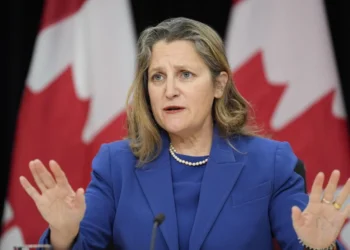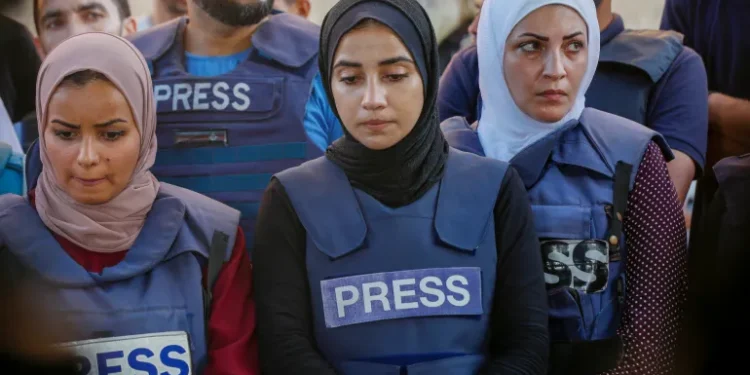The managing director of the International Monetary Fund (IMF), Kristalina Georgieva has said the Fund has already delivered over $10 billion of financial support and this ten times more than in an average year, to countries that have been hard hit in Africa.
She stated that she is proud of the role the IMF has played in this current crisis. In addition to financial support, the managing director of the Fund indicated that a total of $200 million in grants has been provided as debt relief to create space for countries to support their people.
She made this remarks at the High-Level Launch of the Global Centre on Adaptation Africa on the September 16 ,2020.
According to her the IMF have rapidly increased its support everywhere, but especially for countries that have been hard hit in Africa.
“In the current crisis we face the risk of losing the development gains of the last decades – we cannot let this happen. Actions to avert this will only succeed if we integrate action against the climate crisis into our measures to tackle the COVID-19 crisis.
“For the IMF, the topic of climate adaptation is one of great significance. Unless we work everywhere – and especially in the most vulnerable parts of the world – to address climate change and adapt to its consequences, we cannot possibly achieve economic stability, growth, employment and improvements in living standards that are at the heart of our mandate.
She stated that, “it is with deep conviction that the staff of the IMF are working to integrate climate risks into the way we think about growth, employment, poverty and resilience”.
She cited a blog she published with a colleague; the Director of the Africa Department, Mr Abebe Aemro Selassie, on charting the path for a resilient recovery in Sub-Saharan Africa. And according to her, “it is focused on integrating resilience into the recovery from the COVID-19 crisis”.
The IMF boss further stated that in their [IMF] recent Regional Economic Outlook for Sub-Saharan Africa, the Fund recommend the three areas of focus: “enhancing key infrastructure, investing in people and strengthening coping mechanisms”.
She further averred;
“First, if we focus on key infrastructure – like irrigation for farmers, flood management systems, storm shelters and climate-smart agriculture – this would underpin growth and a resilient recovery.
“There are many examples of resilient infrastructure in Africa. Take Mozambique – in 2019, Cyclone Idai hit the coast and devastated the city of Beira.
“Yet, thanks to extensive drainage systems and well-constructed buildings and roads, the most severe flooding was avoided. Beira Port was operational within days of the cyclone.
“We must put this lens of resilience on everything we do, and the Global Centre on Adaptation Africa will have an important role to play.
“Second, invest in people. The COVID-19 crisis has shown that resilience includes strong health systems, strong education, good access to digital technology and decent housing and sanitation. When people are supported, they can withstand a crisis. We ought to recognize that the most important ingredient to resilience to climate shocks is investing in people.
“Three, we must strengthen coping mechanisms like social safety nets that create buffers against shocks. And we should look to combine social safety nets with safety ropes help people climb back up – through measures like access to finance and a supportive economy.
“We will not make sufficient progress on these priorities unless we come as an international community. For international financial institutions, that means ensuring that finance is available to invest in resilience”.
She added that the African continent and the world in general can act early and decisively to build resilient societies.
“As the great Nelson Mandela said: ‘Do not judge me by my successes, judge me by how many times I fell down and got back up again’.
“We are in a more shock-prone world and we ought to invest in support systems in case we fall – so that we can get up and move forward”.





















